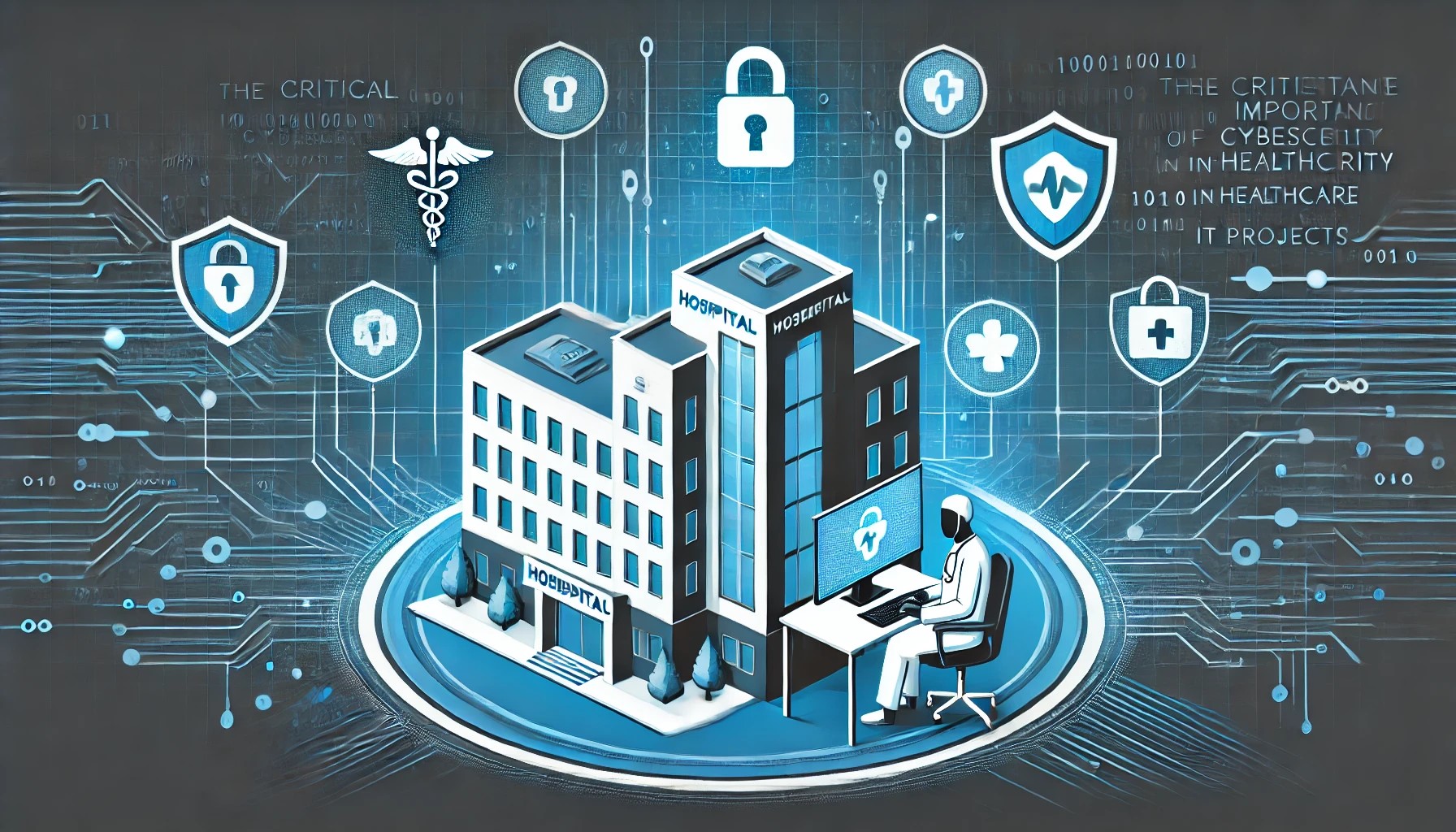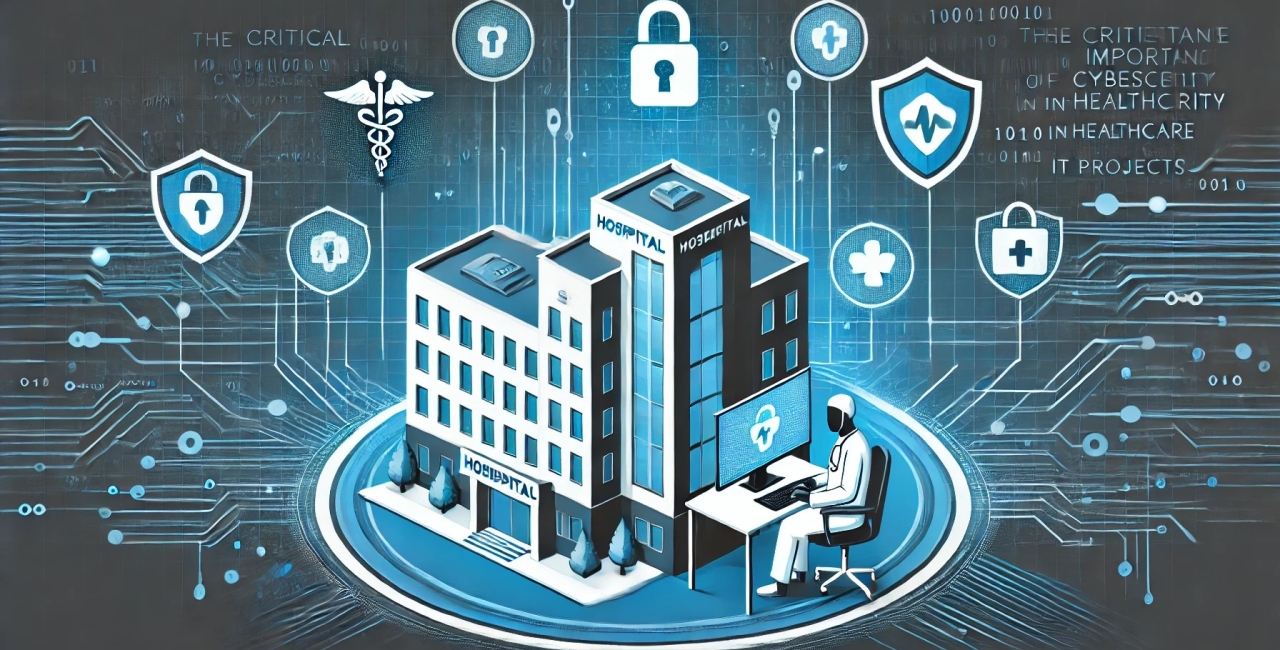
In the rapidly evolving landscape of healthcare, the integration of advanced information technology (IT) systems has revolutionized patient care, streamlined administrative processes, and enhanced the overall efficiency of healthcare delivery. However, with these advancements comes the heightened need for robust cybersecurity measures. The significance of cybersecurity in healthcare IT projects cannot be overstated, given the sensitive nature of health information and the potential consequences of data breaches.
Protecting Sensitive Patient Data
In the realm of healthcare IT, cybersecurity is not just an add-on but a foundational component of every project. “As project managers, the onus is on you to help ensure that third-party vendors and partners adhere to the highest security standards. The integrity, confidentiality, and availability of patient data are paramount. A single breach can compromise patient safety, disrupt clinical operations, and erode trust, making robust cybersecurity measures indispensable. By integrating comprehensive cybersecurity practices into our project management processes, we safeguard not only the data but also our commitment to patient care in the communities we serve.” Joshua Roth, CISO, Children’s Hospital of Orange County.
Compliance with Regulations
Healthcare institutions are subject to stringent regulations regarding data protection. Laws such as the Health Insurance Portability and Accountability Act (HIPAA) in the United States mandate rigorous standards for the handling of medical information. Non-compliance can result in severe penalties, legal repercussions, and damage to an organization’s reputation. Implementing comprehensive cybersecurity measures is essential to meet these regulatory requirements and avoid costly infractions.
Preventing Disruptions to Care Delivery
Cyberattacks on healthcare facilities can disrupt critical services, potentially putting patients' lives at risk. Ransomware attacks, for instance, can incapacitate hospital systems, delaying surgeries, and preventing access to vital patient information. By investing in cybersecurity, healthcare organizations can ensure continuity of care, minimize downtime, and maintain the reliability of their IT infrastructure.
Safeguarding Against Evolving Threats
The threat landscape is constantly changing, with cybercriminals employing increasingly sophisticated techniques. Healthcare IT projects must incorporate advanced security measures such as encryption, multi-factor authentication, and continuous monitoring to defend against these evolving threats. Regular security audits and updates are also crucial to address vulnerabilities and enhance the overall resilience of the healthcare IT environment.
Building Patient Trust
Trust is a cornerstone of the patient-provider relationship. Patients expect their health information to be handled with the utmost care and confidentiality. A strong cybersecurity posture reassures patients that their data is secure, building trust and encouraging them to engage more openly with healthcare providers. This, in turn, can lead to better health outcomes and increased patient satisfaction.
In conclusion, the importance of cybersecurity in healthcare IT projects is undeniable. As healthcare continues to digitize, protecting sensitive patient data, ensuring compliance with regulations, preventing service disruptions, guarding against emerging threats, and building patient trust are critical objectives. By prioritizing cybersecurity, healthcare organizations can not only protect themselves against cyber threats but also enhance the quality and reliability of care they provide.


